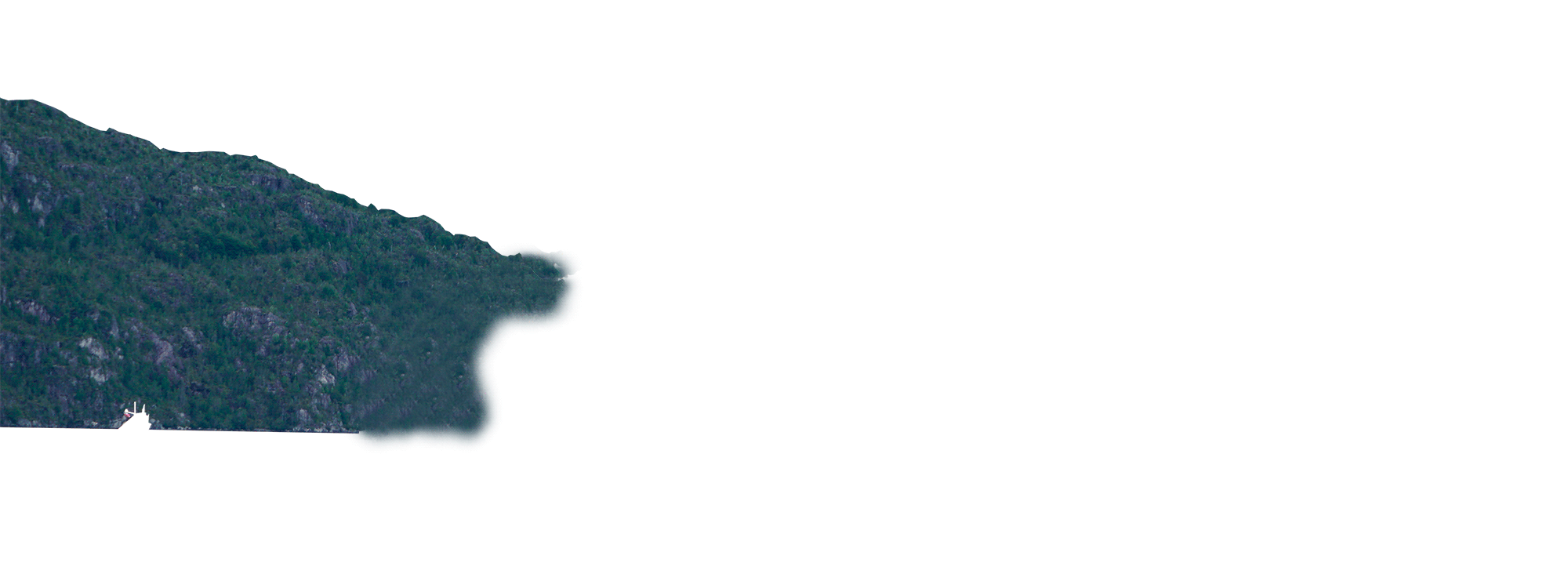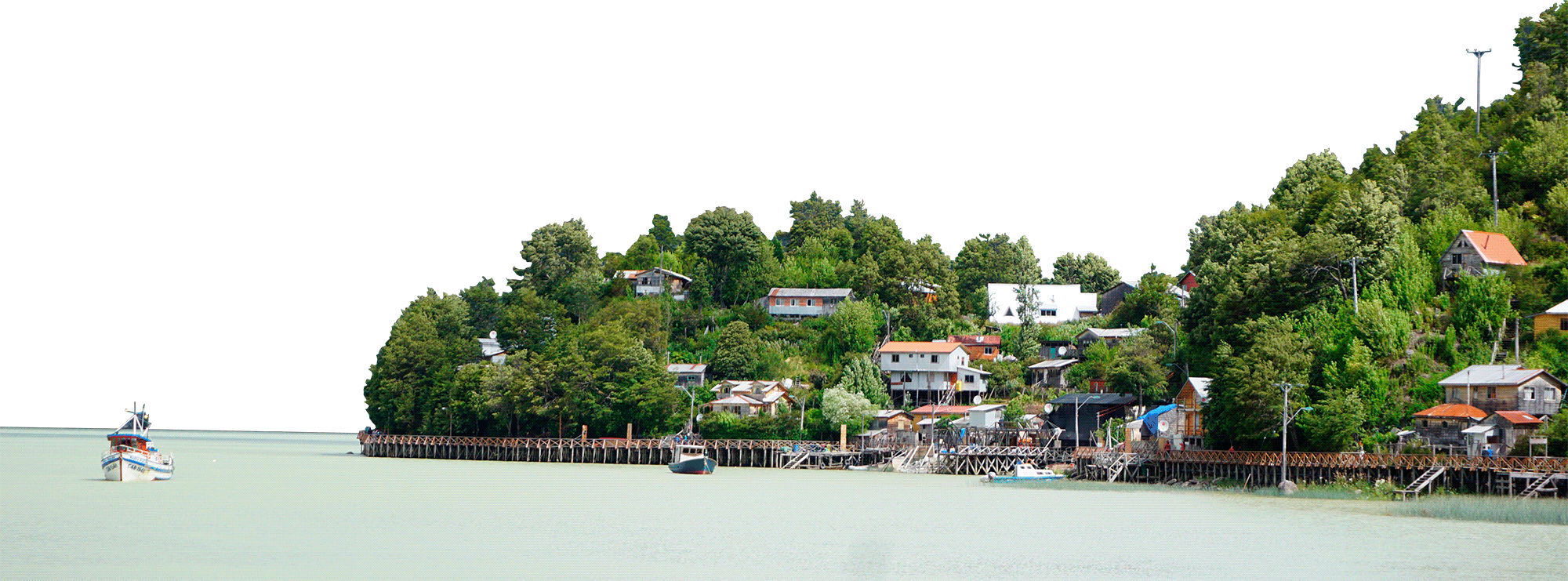

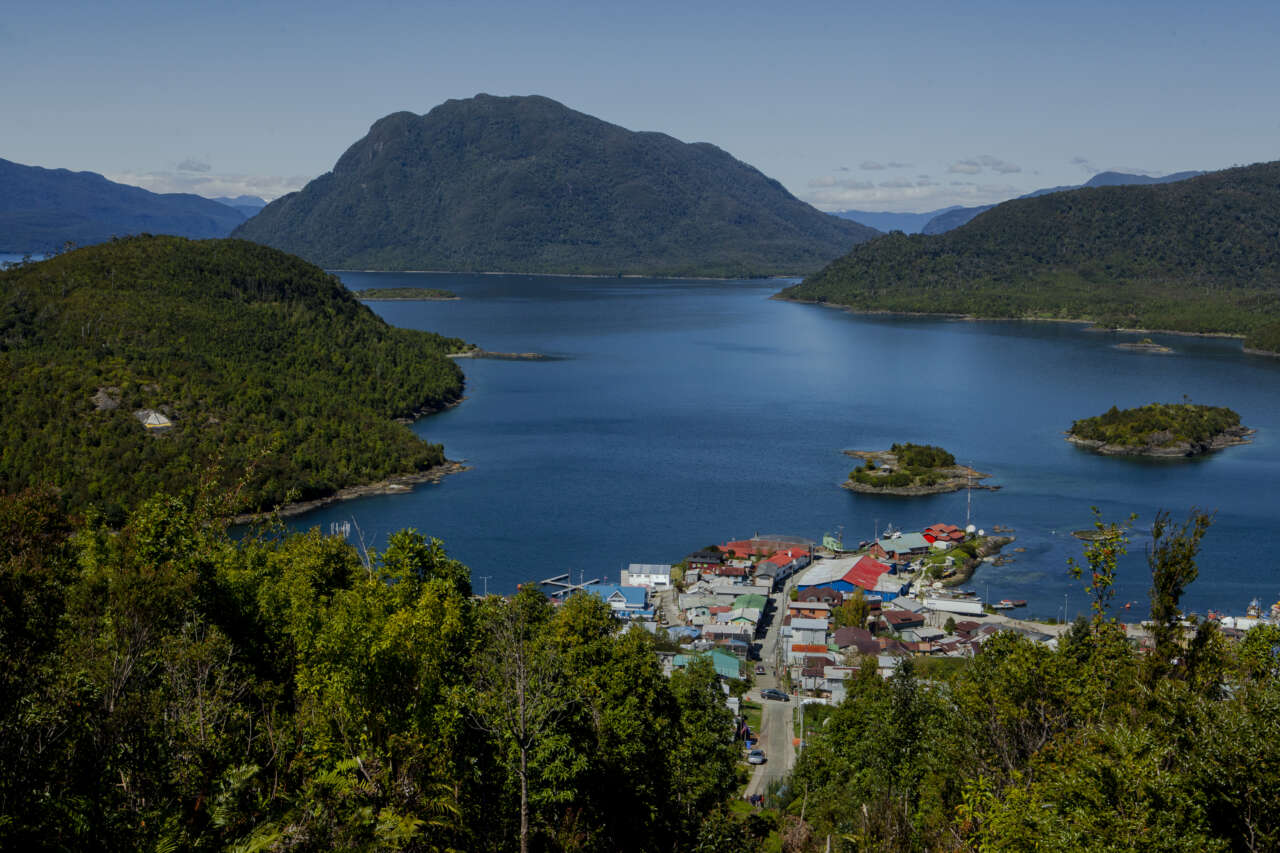
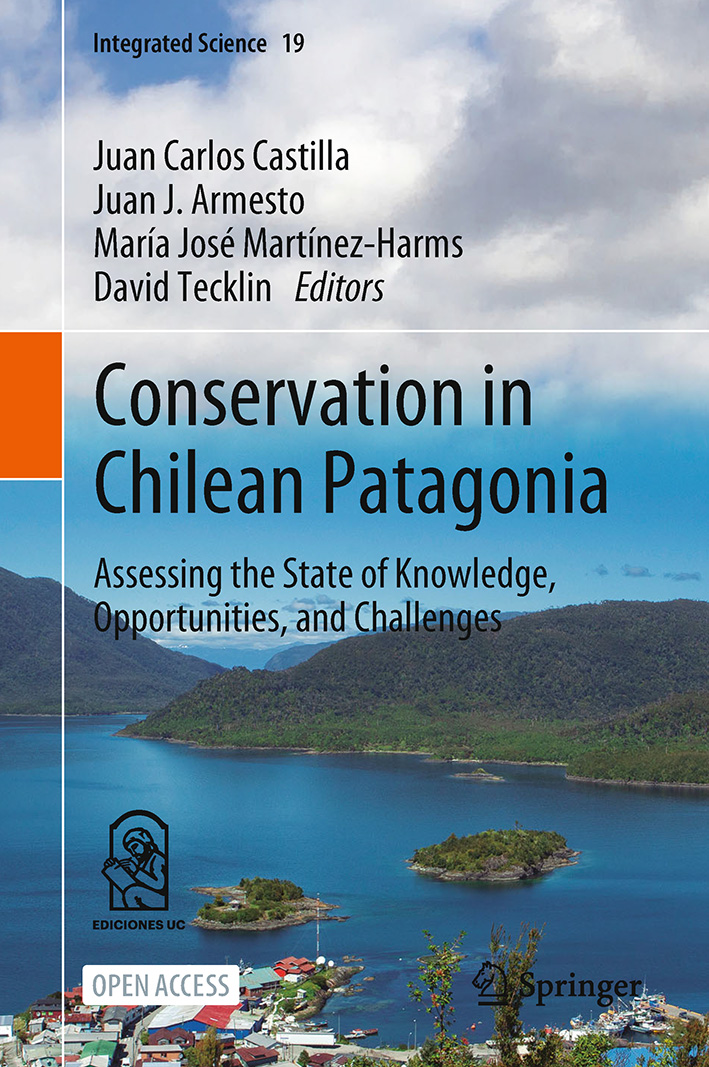
A little over two years after being published in Spanish, the English version of the book “Conservation in Chilean Patagonia: Assessing the State of Knowledge, Opportunities, and Challenges” is now available in an open access, free, downloadable version. Published by Springer, the renowned US-based publishing house, the book comprises 18 chapters where more than 70 experts document the most outstanding features of terrestrial, freshwater, and marine ecosystems in Chilean Patagonia, as well as their conservation gaps.
The book was edited by Juan Carlos Castilla, National Applied Sciences Awardee (2010); Juan Armesto, Ph.D. in Botanic and Vegetal Physiology; and María José Martínez-Harms, Ph.D. in Biodiversity Conservation Sciences; joined in the English version by David Tecklin, Ph.D. in Geography. The information shared in this publication is considered to be the most thorough scientific knowledge about Chilean Patagonia to date, addressing both the knowledge gaps and the conservation needs of this huge region that geographically encompasses from the Reloncaví Sound to the north, up to the southern Diego Ramírez Islands.
“Due to its remoteness and large protected areas, Chilean Patagonia is one of the best conserved regions in the world. However, this book reveals that the increasing pressures on the ecosystems warrant a new science-based conservation phase with updated information and enhanced stakeholder coordination. Otherwise, its future is at risk,” says David Tecklin, who is also a research associate of the Austral Patagonia Program at Universidad Austral de Chile. Tecklin adds that “having the English version of this book is extremely important for the global dissemination of the knowledge associated with this region and, with it, to involve new stakeholders willing to collaborate from different niches to its conservation”.
The book “Conservation in Chilean Patagonia: Assessing the State of Knowledge, Opportunities, and Challenges” is a collaborative effort by the Austral Patagonia Program of Universidad Austral de Chile (UACh), and a team of scientists with the Ecology and Biodiversity Institute (IEB), who along with more than 70 scholars revised and analyzed scientific evidence related to ecosystem and terrestrial, freshwater, and marine biodiversity conservation in Chilean Patagonia. This effort relied on financial support by the global organization The Pew Charitable Trusts.
The book can be downloaded here: https://programaaustralpatagonia.cl/post-libros/conservation-in-chilean-patagonia/


